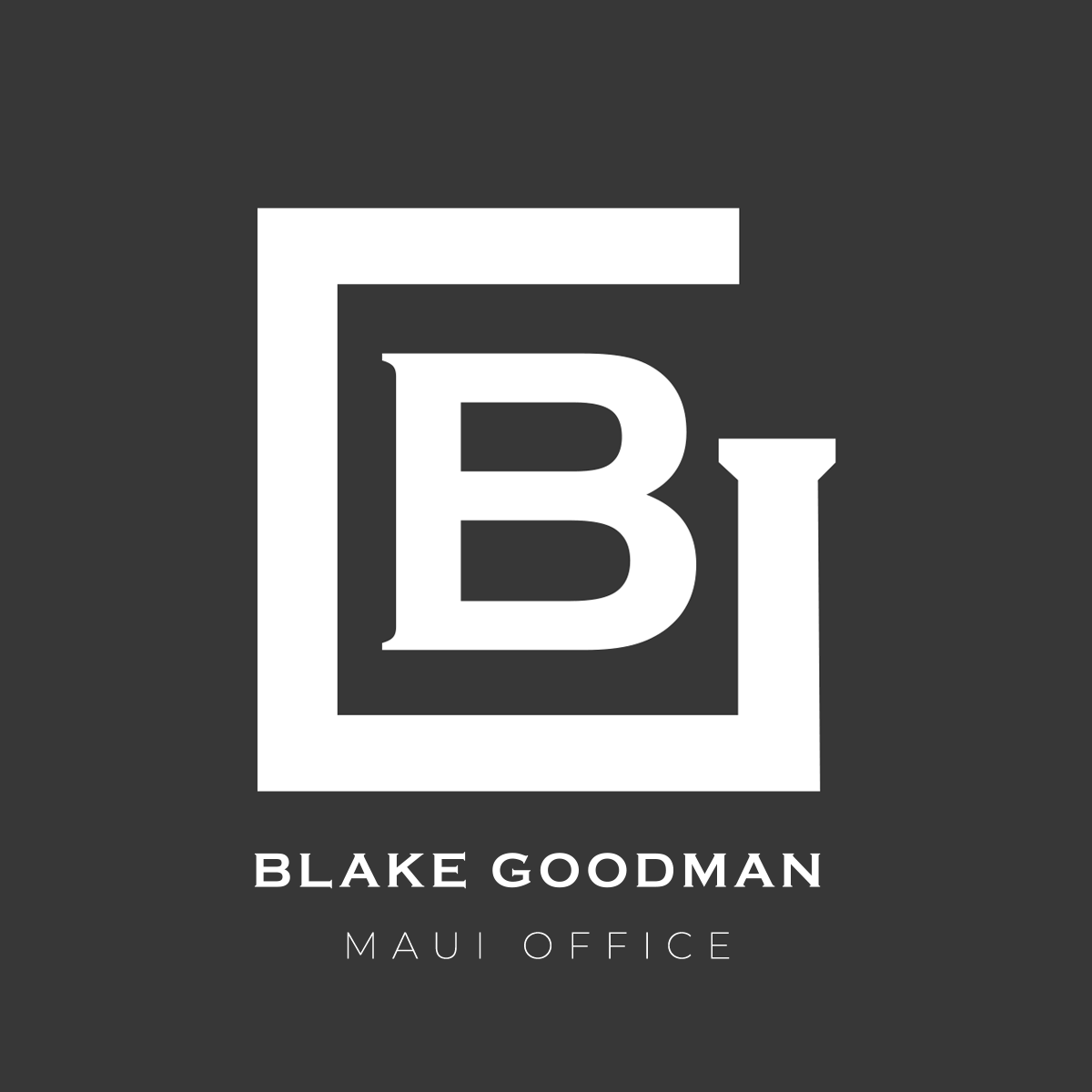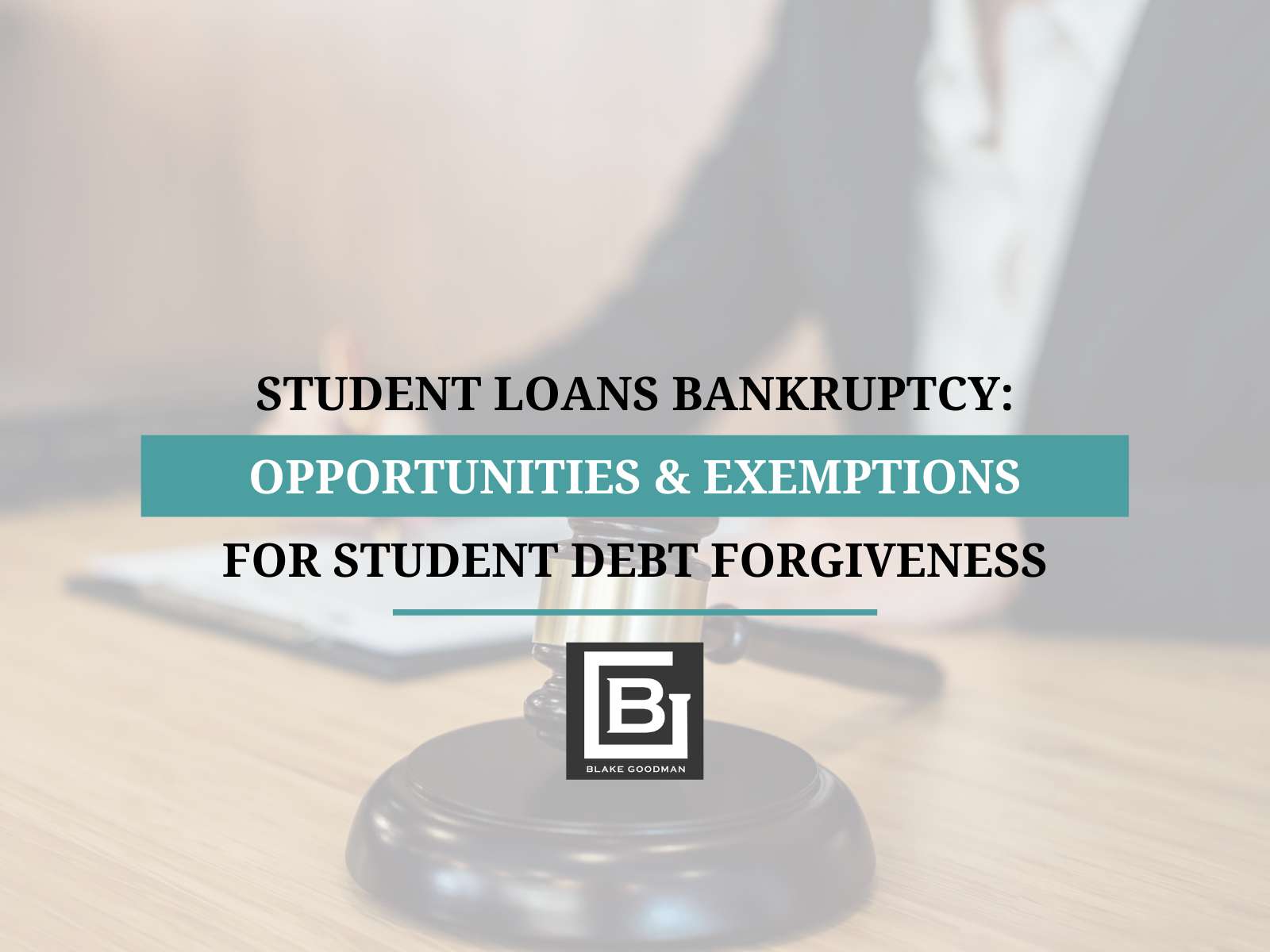Can Student Loans Be Discharged In Bankruptcy?
It is possible to include student loan debt in your bankruptcy filing and get it approved by the court if you can prove undue hardship. While most student loans are not automatically discharged in bankruptcy, engaging a skilled Honolulu debt relief attorneys can increase your chances of having your student debt forgiven.
Most student loans are not automatically discharged in bankruptcy, but it is not impossible to have your student debt forgiven. Most student loans are not automatically discharged in bankruptcy, but it is not impossible to have your student debt forgiven.
For instance, consider that only about 0.1% of students manage to discharge their loans through bankruptcy. This statistic is primarily due to students having their debt discharged because repayment would cause an “undue hardship” for them and their families. Another factor is that some private student loans can be discharged, being unsecured consumer loans rather than educational ones.
Our bankruptcy attorney, Blake Goodman, can provide more specific insight into the nuances of student loans and their potential discharge ability during bankruptcy. If you find yourself overwhelmed by questions, please reach out to our team at Blake Goodman, PC, for expert advice.
How Does Student Loan Bankruptcy Work?
For those residing in Hawaii and considering this route, a proficient Honolulu bankruptcy lawyer is key in navigating the complexities of student loan bankruptcy. The rules have changed considerably over the years. For instance, student loans used to be dischargeable after seven years of repayment, but this was altered in 1998.
Nowadays, the primary avenue for eliminating student loans in bankruptcy is to argue that repayment of the loans creates an “undue hardship”. To make this claim stick, an adversary proceeding is essential. A bankruptcy attorney can guide you through this process, making it less daunting.
What Does the Bankruptcy Code Say About Student Loans and Bankruptcy?
In a bid to protect the long-term health of student loan programs, Congress exempted most student loans from bankruptcy discharge. But even with this in mind, with the help of a proficient bankruptcy attorney, borrowers can argue that continuing with the student loan debt will cause an “undue hardship.”
How to Prove Undue Hardship for Student Loans
Proving undue hardship is a challenging task, but it’s not impossible, especially with the help of a dedicated bankruptcy attorney in Honolulu. To prove undue hardship, you must show that your current financial situation prevents you from maintaining a minimum standard of living if forced to repay the loans. Additionally, your financial circumstances must likely persist throughout a significant portion of the repayment period, and you must have made good-faith efforts to repay the loans.
Exceptions for Private Students Loans in Bankruptcy
Some courts have determined that private student loans may not be considered “an obligation to repay funds received as an educational benefit” under subsection 523(a)(8)(A)(ii) in bankruptcy cases.
Consequently, private student loans that were not utilized for covering the cost of attendance, such as tuition, books, room, and board, are not considered educational debt.
This situation can arise when the loan is directly paid to the borrower or used for expenses related to the bar exam preparation or attending a medical or dental residency.
As a result, a private student loan may be eligible for discharge since it is considered a general unsecured debt rather than an educational loan.
What Options Does the Bankruptcy Judge Have Regarding My Student Loans?
If the judge determines that you are having an undue hardship or agrees with the Department of Justice’s recommendation to discharge your loans, the judge can take the following actions:
- Completely cancel (discharge) all of your loans.
- Partially discharge a portion of your loans.
- Modify the terms of your loans to make repayment easier, such as by reducing your interest rate.
The judge’s decision on what to do in cases of undue hardship also depends on the type of bankruptcy you file, either Chapter 7 or Chapter 13.
In Chapter 7 bankruptcy, you request the judge to cancel all of your debt, but you must have income below a certain threshold to qualify. In Chapter 13 bankruptcy, you typically seek the judge’s assistance to restructure and reduce your debt.
There is no income requirement for Chapter 13 bankruptcy, but you must follow a payment plan established by the bankruptcy court for 3 to 5 years before the remaining debts are canceled.
Chapter 7 Bankruptcy: A Lifeline for Overburdened Borrowers
Chapter 7 bankruptcy is often called “liquidation bankruptcy.” It allows debtors to wipe out most of their unsecured debts. However, discharging student loans under Chapter 7 requires proving undue hardship.
Chapter 13 Bankruptcy: Restructuring Your Debt
Unlike Chapter 7, Chapter 13 bankruptcy involves a repayment plan. The debtor makes payments to a trustee over three to five years. Though the full amount of the student loan might not be discharged, the payments may become more manageable.
What Can I Do If My Loans Aren’t Discharged In My Bankruptcy Case?
If the judge does not determine that you are facing an undue hardship, you have the option to appeal the decision. Additionally, you can explore alternative approaches to manage your student loan debt, such as temporarily suspending payments through deferment or forbearance, reducing payments by enrolling in an income-driven repayment (IDR) plan, or negotiating a settlement with your loan holder.
If your bankruptcy case has already been approved but you did not request the court to assess undue hardship before the case concluded, you can file a motion to reopen your bankruptcy case. By reopening the case, you can initiate an adversary proceeding to seek the discharge of your student loans.
Filing an Adversary Proceeding
In the context of bankruptcy, an Adversary Proceeding plays a pivotal role in determining the dischargeability of student loans. This is essentially a lawsuit within the bankruptcy case where the debtor challenges the non-dischargeability status of their student loan debt.
Initiating an Adversary Proceeding is not a light decision; it requires preparation and a sound understanding of your financial situation. You will have to present compelling evidence to demonstrate undue hardship, often involving complex litigation.
Contact a Bankruptcy Attorney in Honolulu Today
At Blake Goodman, P.C., Attorneys, our primary mission is to guide Hawaiians through financial hardship. Our compassionate team of Honolulu bankruptcy attorneys will help you explore all options for discharging your private student loans in bankruptcy.
Our expertise spans Chapter 7 or Chapter 13 consumer bankruptcy, debt negotiation, and non-bankruptcy solutions. Contact us today to schedule your free consultation today at our offices in Honolulu, Kaneohe, Aiea, or Maui.

Email: blake@debtfreehawaii.com
Website: https://www.debtfreehawaii.com/
HONOLULU OFFICE
900 Fort Street MallSuite 910
Honolulu, HI 96813
Phone: (808) 517-5446
AIEA OFFICE
98-1238 Ka'ahumanu StSuite 201
Pearl City, HI 96782
Phone: (808) 515-3441
KANEOHE OFFICE
46-005 Kawa StSuite 206
Kaneohe, HI 96744
Phone: (808) 515-3304
MAUI OFFICE
220 Imi Kala St. #203BWailuku, HI 96793
Phone: (808) 515-2037

Blake Goodman received his law degree from George Washington University in Washington, D.C. in 1989 and has been exclusively practicing bankruptcy-related law in Texas, New Mexico, and Hawaii ever since. In the past, Attorney Goodman also worked as a Certified Public Accountant, receiving his license form the State of Maryland in 1988.


